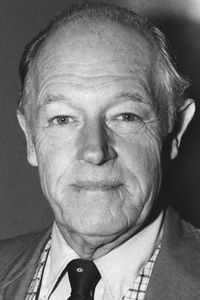E. Howard Hunt, a former Central Intelligence Agency (CIA) operative, played a pivotal role in the infamous Watergate scandal, having worked under the direction of President Richard Nixon as part of the White House's "plumbers" unit.
Prior to his involvement in the Watergate operation, Hunt had a distinguished career with the CIA, where he was tasked with conducting clandestine activities, including break-ins. In the context of the Watergate scandal, Hunt was ordered by Nixon to conduct break-ins at the Watergate complex, allegedly in the name of national security.
The mission, which was shrouded in secrecy, purportedly aimed to uncover evidence that Cuban leader Fidel Castro was covertly funding the Democratic party. However, the break-ins ultimately led to the discovery of the scandal, and subsequent investigations revealed the extent of Hunt's involvement in the illegal activities.
In the aftermath of the scandal, Hunt was imprisoned for his role in the operation. Despite his controversial past, Hunt's personal life was marked by a more refined upbringing. He was born in Hamburg, New York, to a lawyer father and a classically trained pianist mother who played the church organ.
Hunt's life came to a close on January 23, 2007, when he succumbed to pneumonia at the North Shore Medical Center in Miami, Florida.




















